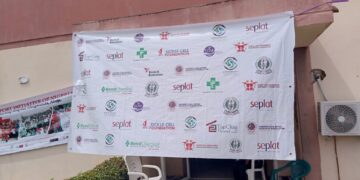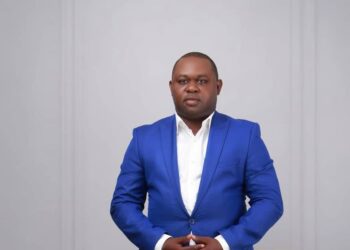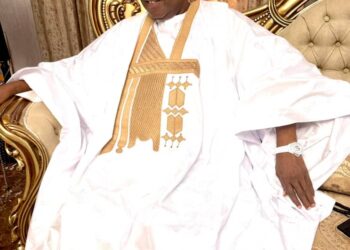Born on 4 December 1943 in Idah, Kogi State (then Northern Region, Nigeria).
His father, Baba Idachaba Idoko, was a potato farmer; his mother, Ayo Salome Idachaba, sold smoked fish to fund his schooling.
He attended Qua Iboe Mission Primary School in Idah, then Provincial Secondary School, Okene (1956‑1961) where he obtained the West African School Certificate.
Education
B.Sc in Economics from University of Ibadan (UI) in 1967.
M.A. (Economics) from University of Chicago in 1969.
Ph.D in Agricultural Economics from Michigan State University, USA, in 1972.
He became a professor of Agricultural Economics at UI in 1981.
Academic & Professional Career
Began as Assistant Professor of Agricultural Economics at Michigan State University (USA) in 1972.
Lecturer II at UI (from 1972), progressing to full professor by 1981 at age ~38.
Served in numerous consultancies and research roles: e.g., UN’s International Service for National Agricultural Research (ISNAR) in The Hague, and other international bodies.
Administrative Leadership
Pioneer Vice‑Chancellor of Federal University of Agriculture, Makurdi from 1988 to 1995.
Vice‑Chancellor of Kogi State University (now KSU) 2005‑2008, during which all 29 academic programmes were accredited.
Chair, Governing Board of the Nigerian National Merit Award (NNMA).
Research, Advocacy & Contributions
As an agricultural economist he focused on rural infrastructure, crop subsectors, input subsidies, commodity taxes, and agricultural policy in Nigeria.
He argued that agriculture should be treated as an infant industry in Nigeria and advocated for stronger synergy between government, industry and universities.
His scholarly output: multiple books and over 60–70 academic papers.
Awards, honours & Philanthropy
Awarded the Nigerian National Order of Merit (NNOM) in humanities in 2011.
Conferred D.Sc (Honoris Causa) by the Federal University of Agriculture, Abeokuta in 2004.
Established the F. S. Idachaba Foundation for Research and Scholarship (IFRES) in 2003 to support young researchers.
Founded the Igala Education Foundation in 2001 to promote education in Igalaland.
Personal & Legacy
Married Esther Aye Okpanachi in 1967; they had two sons and four daughters.
He passed away on 15 August 2014.
Widely regarded as a man of integrity and scholarship who avoided the pitfalls of academic politics.
Why he matters
He bridged the gap between academic research and national agricultural policy.
As one of the founders of the concept of agriculture‑specific universities in Nigeria, his institutional legacy remains.
His model of personal integrity, hard work, and focused scholarship makes him a useful role model, especially for academics and policy practitioners.














